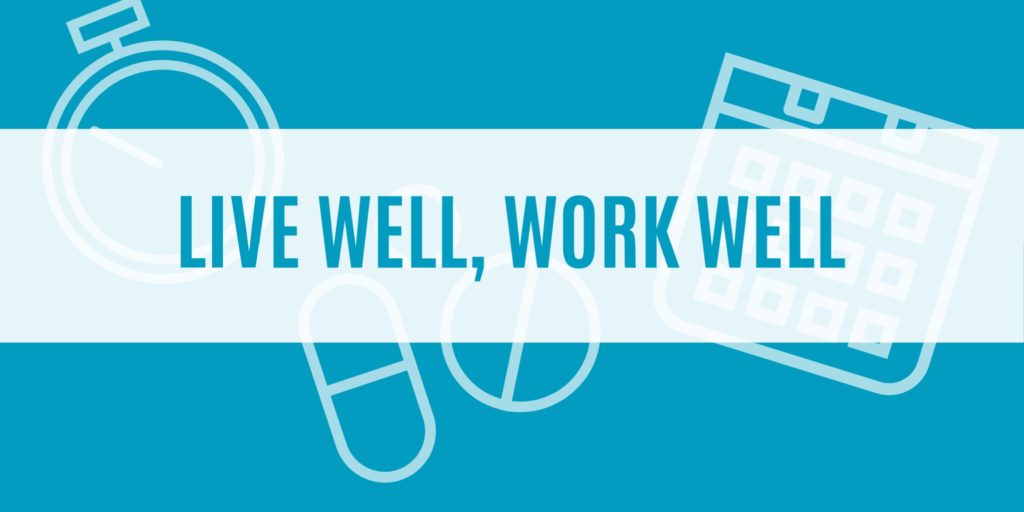The Centers for Disease Control and Prevention (CDC) provides information to help people with allergies decide whether they should get the COVID-19 vaccine, or which vaccine they should receive.
If you have more specific questions about getting vaccinated, talk to your health care provider.
Types of Allergic Reactions
A severe allergic reaction is when a person needs to be treated with epinephrine or must go to the hospital. Experts refer to severe allergic reactions as anaphylaxis.
An immediate allergic reaction happens within four hours after getting vaccinated and could include symptoms such as hives, swelling, wheezing or other respiratory distress.
If You Have Allergies
If you are allergic to an ingredient in a COVID-19 vaccine, talk to your doctor for guidance. Consider the following situations of allergic reactions and recommendations from the CDC:
- If you’ve had an allergic reaction to a shot of an mRNA vaccine—If you had an allergic reaction to the first shot of a messenger RNA (mRNA) vaccine (e.g., Pfizer and Moderna) and aren’t able to get the second shot, ask your doctor if you should get a different type of COVID-19 vaccine.
- If you’re allergic to polyethylene glycol (PEG) or polysorbate—PEG and polysorbate are closely related to each other. PEG is an ingredient in the mRNA vaccines, and polysorbate is an ingredient in the Johnson & Johnson vaccine. If you’re allergic to any of those ingredients, ask your doctor if you can get a specific vaccine.
- If you’re allergic to other types of vaccines—If you have had an immediate allergic reaction—regardless of severity—to a vaccine or injectable therapy for another disease, ask your doctor if you should get a COVID-19 vaccine. Your doctor will help you decide if it is safe for you to get vaccinated.
- If you have allergies not related to vaccines—It’s recommended that people get vaccinated even if they have a history of severe allergic reactions not related to vaccines or injectable medications—such as food, pet, venom, environmental or latex allergies. People with a history of allergies to oral medications or a family history of severe allergic reactions may also get vaccinated.
- If you get a rash where you got the shot—The CDC has learned that some people have experienced a red, itchy, swollen or painful rash where they got the shot. These rashes can start a few days to more than a week after the first shot and are sometimes quite large. If the rash is itchy, you can take an antihistamine. If it is painful, you can take a pain medication like acetaminophen. If you experience that rash after getting the first shot, you should still get the second shot at the recommended interval, if the vaccine requires a second shot. Tell your vaccination provider that you experienced a rash after the first shot. They may recommend that you get the second shot in the other arm.
Click here to learn more about the different types of available COVID-19 vaccines.
Additional Information
If you get a COVID-19 vaccine and think you might be having a severe allergic reaction after leaving the vaccination provider site, seek immediate medical care by calling 911.
Learn more about COVID-19 vaccines and allergic reactions on the CDC’s website.
Source: CDC


